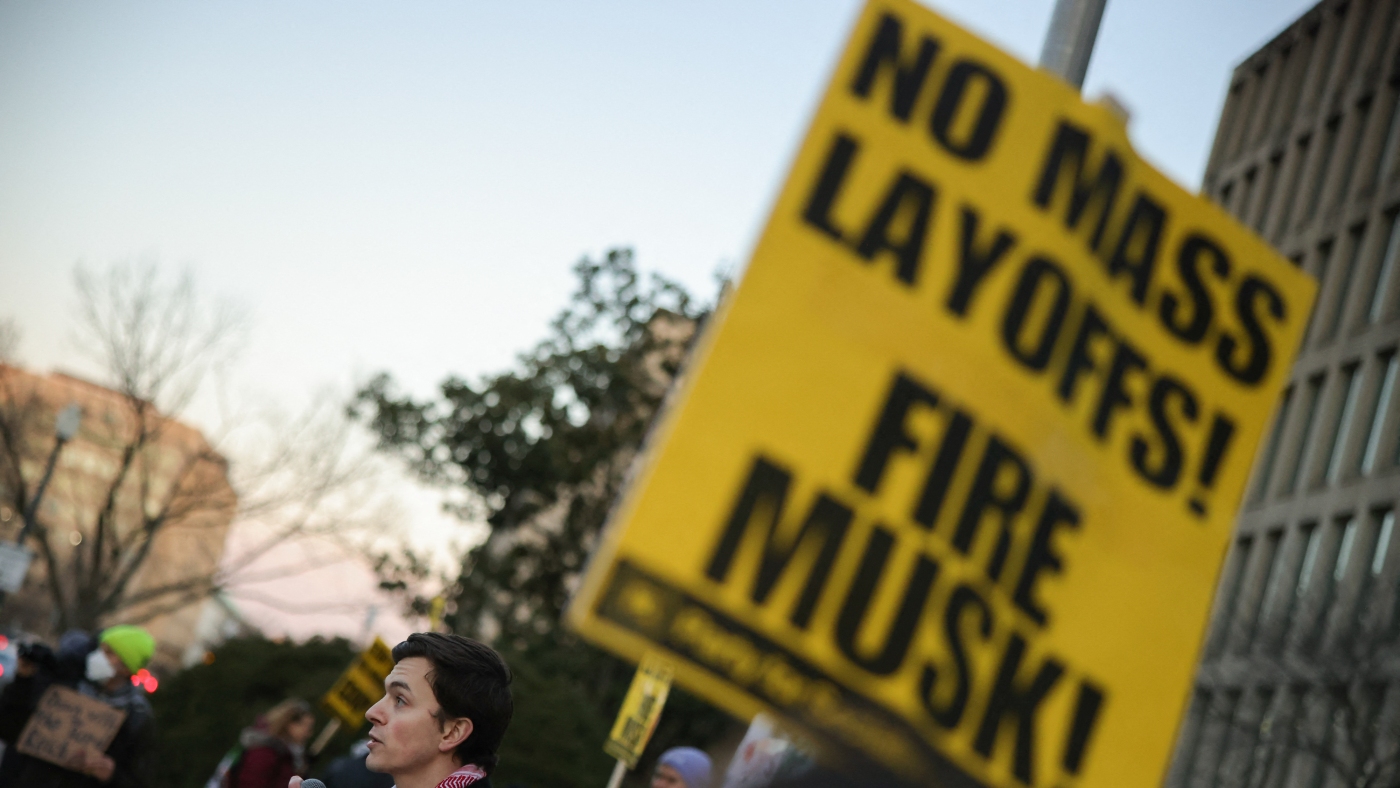Workplace Inquisition: Federal Employees Erupt Over Invasive Weekly Tracking Email

Elon Musk's Bold Claim About Federal Worker Emails Falls Short of Reality
A recent statement by Twitter (now X) owner Elon Musk suggesting federal employees could face termination for not responding to a mass email appears to be at odds with official guidance from the Office of Personnel Management (OPM).
The controversial claim suggests an aggressive approach to workplace communication, but a closer examination reveals that the OPM explicitly states that responses to its mass communications are entirely voluntary. This means federal workers cannot be penalized or fired simply for not replying to a broad, company-wide email.
Musk's assertion seems to misunderstand the standard communication protocols within government agencies, where employees are typically not required to provide immediate or mandatory responses to mass email communications.
The discrepancy highlights the potential disconnect between private sector management styles and established government workplace practices. While Musk's approach might reflect his tech industry background, federal employment regulations provide different protections and communication expectations for government workers.
This incident underscores the importance of understanding specific workplace guidelines and the nuanced differences between private and public sector employment practices.

